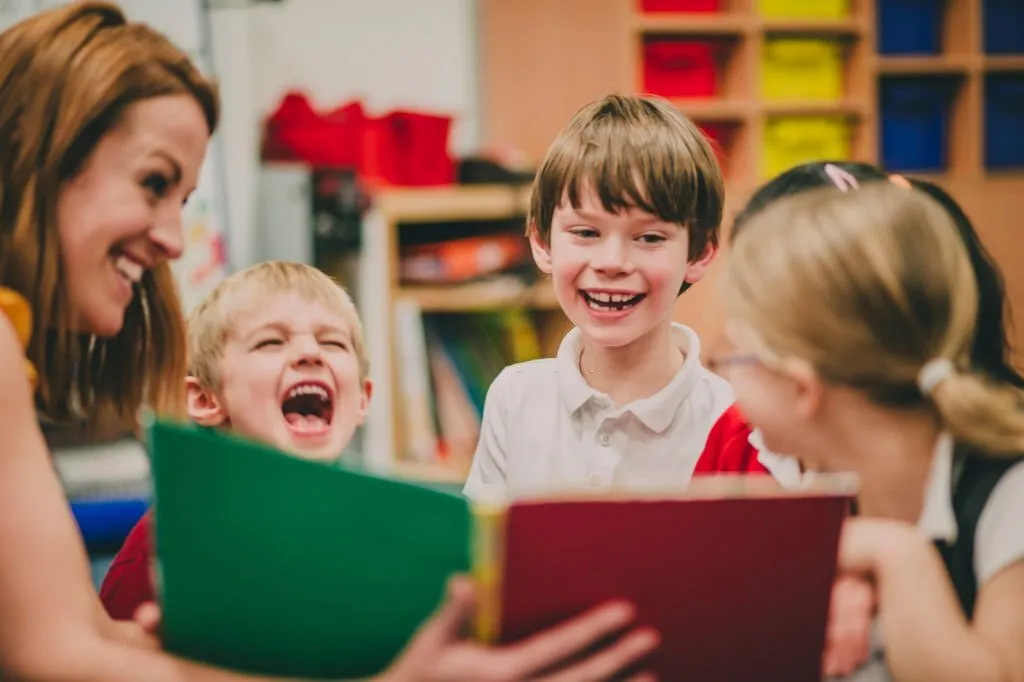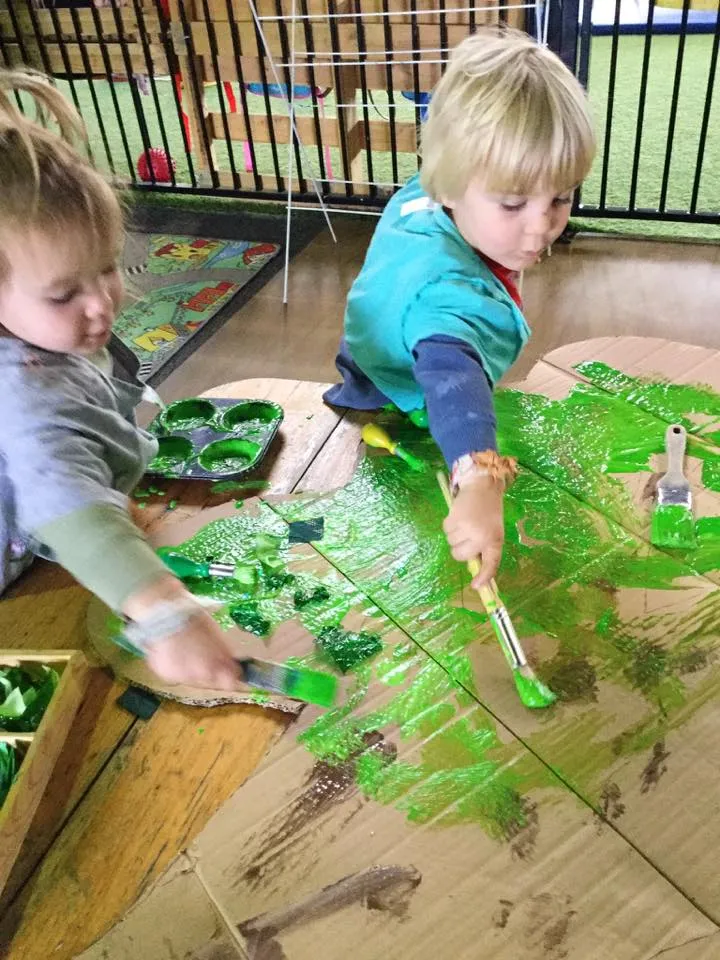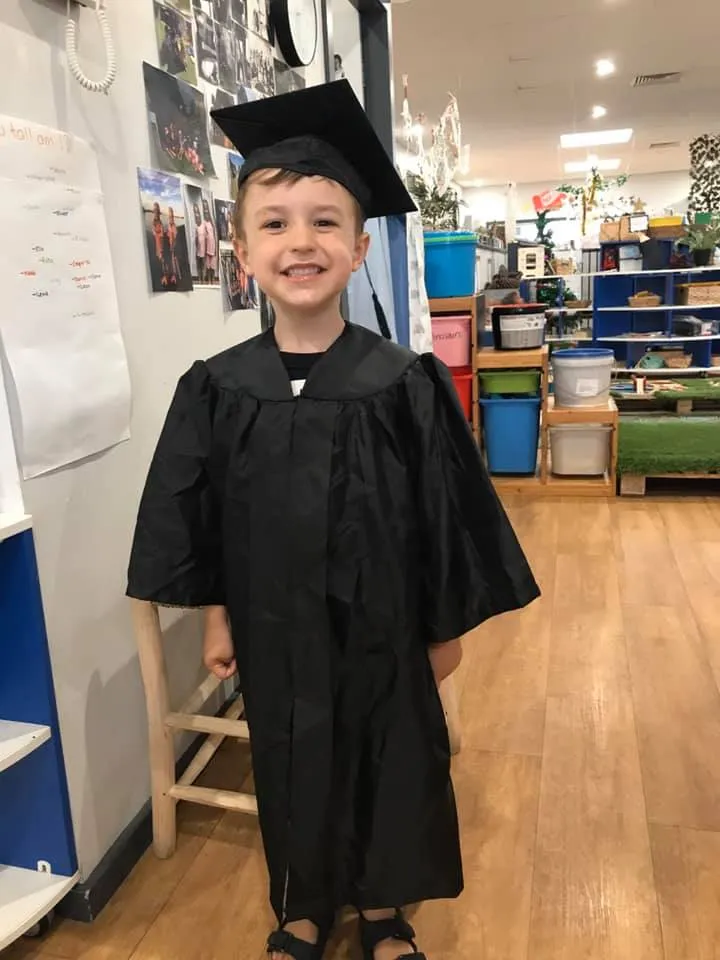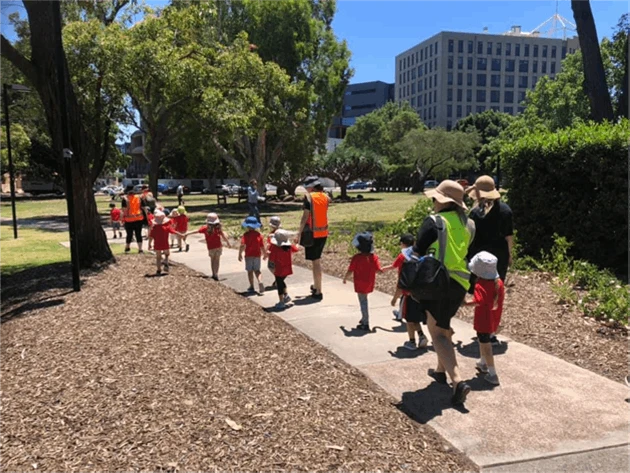
Reconciliation Storytelling for Children: Why It Matters
Think about the number of times you’ve heard that from a child. Storytelling is an important component of the learning process for children. We use it to teach them about history, social norms, and other important topics they must master to become successful adults.
Exploring reconciliation in childhood helps children learn about and value Australia’s Aboriginal and Torres Strait Islander peoples. The National Quality Standard Professional Learning Program advocates for reconciliation storytelling and provides educators with tips for putting it into practice.
What does reconciliation mean for children?
When adults hear the word reconciliation, we understand the heart of the process involves strengthening relationships between Aboriginal and Torres Strait Islander peoples and non-Indigenous peoples of Australia for the good of all.
Reconciliation has many layers, so educators must simplify it so that even the youngest children can grasp its intent. Children are naturally curious by nature. Guiding them toward acceptance of those who look, think, and act differently can shape their future understanding and acceptance of the importance of reconciliation.
How does storytelling help with reconciliation?
Storytelling is one of the most effective ways to teach children about reconciliation at an age-appropriate level. Research supports the notion that authentic storytelling helps foster values in children.
To help the next generation of Australian citizens become ambassadors of tolerance, storytelling can be used to encourage empathy and openness toward others. Incorporating personal accounts of Indigenous peoples in the storytelling can further break down stereotypes.
What are the benefits of storytelling for reconciliation?
We’ve already established that storytelling can help children understand the complexities of reconciliation. Using this teaching method also builds empathy and tolerance for others.
There are some other less obvious benefits to using the power of storytelling for reconciliation. They include:
- Communication. One of the most effective ways to help children understand and accept others who are different from them is through communication. Storytelling encourages children to listen and express themselves. They learn about something new and then have the opportunity to ask questions and say how they feel about what they just learned.
- Cultural understanding. Reading stories that feature main characters different from them can help foster cultural understanding from a young age. Children can experience different countries, cultures, languages, and traditions, helping them to develop an appreciation for them.
- Curiosity. Children are curious creatures by nature. Using storytelling to explore other worlds and peoples can spark a genuine interest in learning more about people and places that are different.
How do we incorporate reconciliation storytelling into our program?
Creative Childcare teaches from a curriculum that embraces the power of reconciliation storytelling for children. Our qualified team of educators incorporate Aboriginal and Torres Strait Islander literature into our curriculum, exposing children to a wealth of information about other cultures. We may include Indigenous peoples as guest readers to foster genuine engagement.
We also encourage our families to continue learning at home by supporting Aboriginal and Torres Strait Islander children’s book authors and illustrators.
Contact us today to book a tour or learn more about enrolling a child at one of our three locations.



